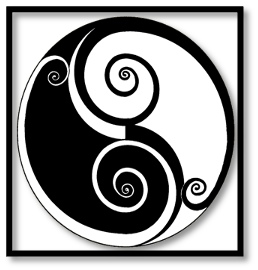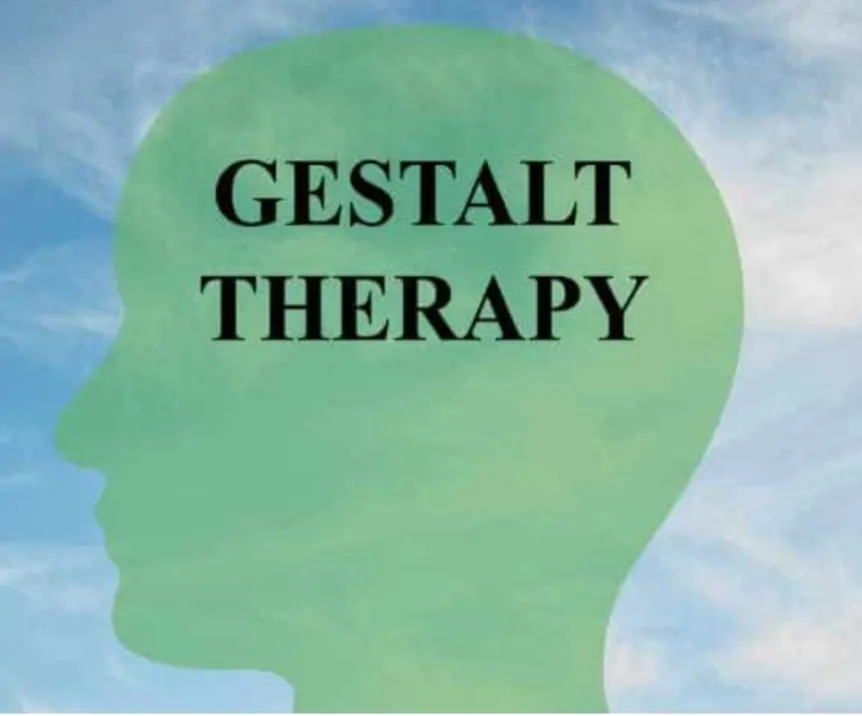Gestalt therapy is a form of psychotherapy that focuses on a person’s present life rather than delving into their past experiences. This form of therapy stresses the importance of understanding the context of a person’s life when considering the challenges, they face. It also involves taking responsibility rather than placing blame. The main goal of Gestalt therapy is to help individuals develop self-awareness and personal responsibility, and to learn to live in the present moment.
Gestalt therapy can be useful for a variety of issues, including anxiety, depression,relationship problems, and stress. It is also often used to help people who are struggling with issues related to self-esteem, self-worth, and self-acceptance. It is a humanistic approach which emerges from the field of Gestalt psychology. Gestalt therapy was developed by German psychiatrist Fritz Perls in the 1940s in response to a changing post-war climate. Its focus is to raise your immediate awareness of how you are, while giving you flexibility to experiment with different ways of responding.
Gestalt is based on the principle that everyone is a whole – made up of mind, body and soul – and draws on the philosophical idea that the whole is other than the sum of its parts. It emphasizes that to fully understand people you have to look at their current situation as they experience it.
Gestalt therapy can help with most issues, including anxiety, depression, low self-esteem and relationship problems. But it may not be suitable for everyone.
It can be a supportive therapy if you grew up with a lot of rules around authority. It’s quite a freeing approach in that it doesn’t place more moral value on one emotion than another, so it’s ok to explore anger, envy, rage, etc without judgment.
Gestalt therapy was influenced by Eastern and western philosophy, psychoanalysis,gestalt psychology and is well integrated in modern integrative and relational field.It can be practiced in individual, couple and group setting.

